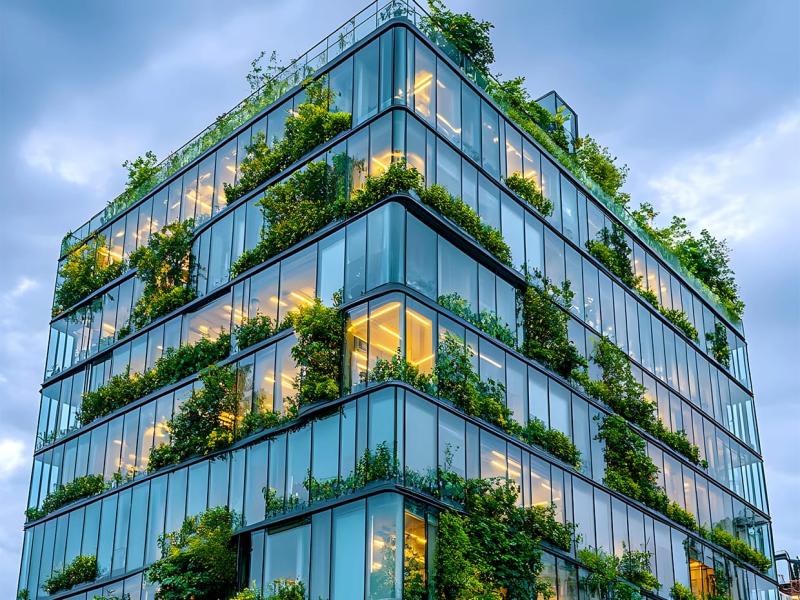We are witnessing massive changes in the workplace. What makes people love their work? How can companies adjust to Gen-Z’s evolving preferences? How can human resources attract and retain green talents? These questions are of the utmost importance in a world troubled by climate change and crises…
Current trends influencing the workplace
As business leaders, we must lead change, not just accept it. The nature of work has evolved throughout history, and it will continue to do so. From AI broad use to remote work becoming standard, or the emergence of green jobs, work practices are shifting. Key trends shaping the future of the workplace include:
- Flexible working environments: Covid-19 highlighted the benefits of remote work, promoting work-life balance, increased efficiency and talent retention.
- The digital workplace: AI’s impact on the workplace is profound, with projections of 800 million jobs lost by 2030 . It presents both risks and opportunities, requiring business leaders to collaborate with HR specialists to redesign roles effectively.
- Purpose-driven corporate culture: the modern business ethos emphasizes creating societal value alongside economic success. Companies with a clear purpose attract talent and enhance employee satisfaction, fostering a sense of belonging and contribution.
The rise of new green roles
The adoption of the Green Deal in 2019 has influenced society to transition to a green mainstreaming of all economic activities, and thus opened the path to a variety of new jobs… Considering the ambitious goal of EU carbon neutrality by 2050 and companies’ responsibility in its execution, it makes sense that the demand for green skills is exploding.
The International Labor Office defines green jobs as “Jobs that are related to the reduction of
several consumptions of energy/raw materials, those related to the decarbonisation of the economy, those that promote ecosystems and biodiversity protection/restoration, and those that reduce waste and pollution generation.”
Green skills include specialisations in green finance and economics, resources and waste management, protected areas management, communication and responsible leadership, etc. As highlighted by the 2023 LinkedIn Green Skills Report, with only one in eight workers possessing green skills worldwide, the traditional career trajectory is evolving. In this context, how can companies attract and retain those new profiles?
Insights from our Talent & Communication Director
According to Laetitia Sacré, Talent and Communications Director at RSM Belgium, “The vast majority of people choose a company because of its DNA and values. Unfortunately, I notice more and more companies losing themselves in their identity. The pressure to retain talents increases the urge for companies to please their employees.”
She further explains that “new insights and ideas should always remain open for discussion. You can create something new in the working environment, as long as it is in line with the culture and values of your company. It should not only be based on rapidly changing trends and everyone’s feelings. It is important to integrate people into the decisions you make. Involving them in the bigger picture, so that they become the drivers of the story they once chose and really understand why not every idea can be retained. Give people a platform to be understood and a voice, and you have passionate people on board.”
Laetitia adds encouragingly, “The best way to attract and retain those new talents is by fostering connections, interaction, inclusion and value for all generations. Use your critical thinking, and most importantly, the more human and personal the approach, the better.”







